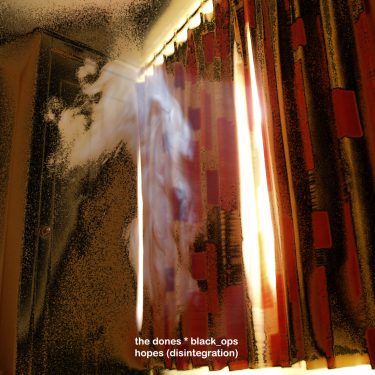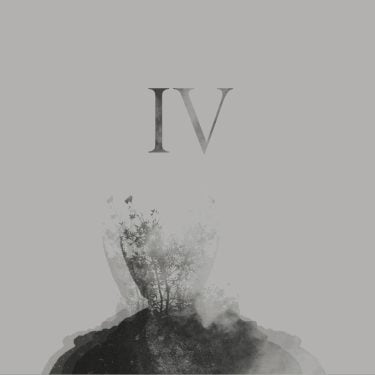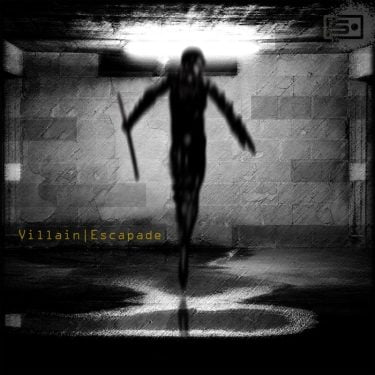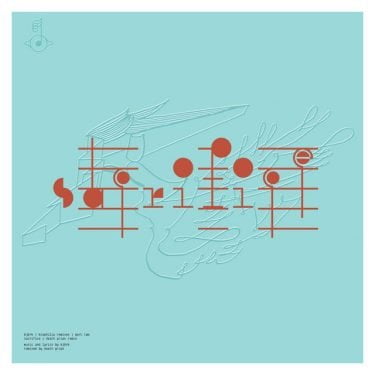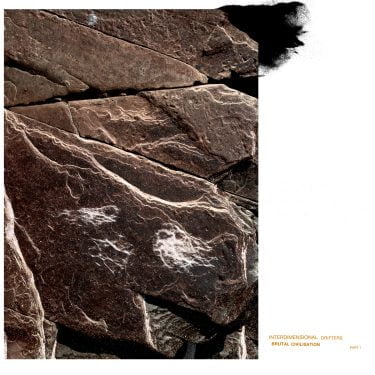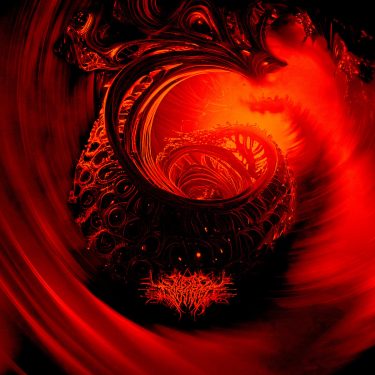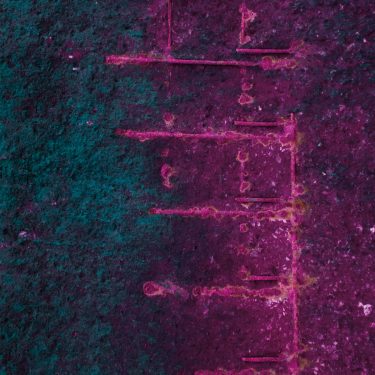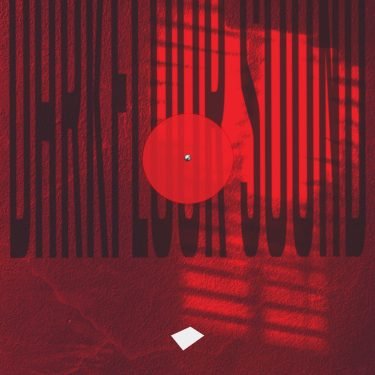Scott Walker – Bish Bosch on 4AD
It may be taken as some indication of this album’s content that the time between its release and the publication of this review has been so drawn out.
My initial listen was cut short fairly abruptly as I found the experience a little too unsettling for the time I was undertaking it. I dipped back in and finished the album over the rest of the evening, often having to keep myself from getting sucked too deep into the insanity.
Knowing full well what I was getting myself in for, I took up the challenge of putting together a review for the album. Since then I have been fighting a peculiar battle with it, one of fascination and bewilderment. It is almost certainly a bizarre masterpiece, not so much for its musical for poetic traits, but as a bold and powerful work of art.
Not one to settle for an easy listening experience, Walker’s career has followed a steady progression into the awkwardly austere ever since The Walker Brothers released 1978’s Nite Flights. While Tilt (1995) and The Drift (2006) were by no means accessible pop jams, Bish Bosch is worlds apart, yet again.
The thing that grabs me most urgently with the album is its fierce assertiveness. From the word go (and including the title and cover art) it punches where its predecessors crept. The glaring white on black ‘Bish Bosch‘ jumps out at you, no moody textures, or muddled overlaid images here, all subtlety has been blatantly discarded.
See You Don’t Bump His Head opens with harsh stuttering rhythm, a snippet looped abruptly which continues almost entirely unaccompanied for thirty seconds before being joined by a discordant, screeching drone. Finally Walker’s trademark wails fall into the mix. His voice is more bold and jarring than ever against such a cold background, a sonic landscape that remains throughout the album. For the entire four minutes and six seconds of the opening track the only other addition is an intermittent guitar, distorted, picking out a ballsy, bluesy riff.
Luckily, the instrumentation throughout the album does vary a little more than this, but remains in the strict and stark aesthetic of the opening track. Certainly very little of the brooding orchestration seen on his previous two records is noticeable, replaced by much harsher, bold drum tracks, distinct, individual guitar lines and bizarre industrial noise. The result is uncomfortably powerful. In the same way that the films of David Lynch manage to be profoundly more terrifying than almost any horror film that plays by the rules of the genre, by losing the brooding, creeping spookiness that most would opt for when conjuring unsettling music Walker has produced an album that genuinely unnerves.
Beyond the sonic textures of the album, one of the most powerful traits is its length and structure. On my first listen, away from any tracklist or playhead I was almost entirely lost as to where each song ended and the next began. Frequent bursts of silence break tracks up, and the total lack of formal song structure leaves you without any sense of direction. Every turn is a new one, but with enough familiar landmarks to leave you forever second guessing your path. The constant piercing tone of Walker’s voice guides you through a bizarre dream; he acts as a terrifying figure, leading you through snippets of stark deja vu and panicked senility.
At twenty one minutes and forty one seconds, SDSS1416+13B (Zercon, A Flagpole Sitter) is by some distance Walker’s longest track, arguably his most awkwardly named, and almost certainly the most bewildering lyrically. Presumably the hook is a droning dictation of numerals, but it is less the intellectual content of the lyrics that holds the effect, as the hypnotic power of the interminable chanting, “I, V, I, V, IX, IX,” going beyond logic to a feeling that there must be some dark and terrible secret at play. Fourteen minutes in to this meandering nightmare, when he’s still screaming I, I, I, at you, it really feels as though there’s no hope of finding a way out.
Would anybody else be able to get away with releasing such an album?
If someone without the contextual background that Walker has laid over the past thirty odd years was to come out with something so audaciously bizarre, there is a fairly good chance that they would either slip by largely unnoticed and be doomed to the most underground pockets of the avant-garde scene, or they would be laughed (and booed) out of the arena.
The lyrical content is often such that it may well seem so wilfully surreal and bluntly macabre coming from a younger mouth. Lines like “A Cobweb melts, within a womb,” would be very tricky not to deliver in a way that doesn’t come across nauseating and desperately contrived.
I am very glad indeed that Walker has released this album now, as a man of nearly 70, as it stands out as a clear indication of his place in modern music, and continues to build his legacy as one of the true innovators and inimitable artists in a scene so full of trite and derivative work.
Avant-garde is so often one of the most wrongly banded about terms, it is refreshing and inspiring to hear an album that genuinely bewilders. When was the last time you heard something that you simply couldn’t understand? Something you struggled to place in a wider context? It’s a rare treat, and one that I am deeply grateful for.
Grab
–
Scott Walker – ‘See You Don’t Bump His Head’
Scott Walker – Corps De Blah
Scott Walker – Phrasing
Scott Walker – SDSS1416+13B (Zercon, A Flagpole Sitter)
Scott Walker – Epizootics!
Scott Walker – Dimple
Scott Walker – Tar
Scott Walker – Pilgrim
Scott Walker – The Day The “Conducator” Died (An Xmas Song)




